A year ago in Washington, D.C., many of us at the Brookings Institution began to prepare for the likelihood of a lockdown in response to the surge in cases of COVID-19 in the U.S. Little did we know about the scope of devastation that lay ahead. Not only would Brookings still be “remote” a year later, but also over 500,000 lives would be lost in this country alone and over 2.5 million globally. Billions of lives and livelihoods would be disrupted around the world and an immeasurable amount of grief, hardship, and struggle would be experienced by all—albeit in very unequal ways. Front-line and essential workers, many of whom are women of color, have felt this suffering the most acutely. And women have shouldered the extra burden of care work during school closures and teleworking, leading to an unprecedented exodus of women from the formal labor force.
During this time, one of the biggest absences for us at the Center for Universal Education was the postponement of the 2020 cohort of Echidna Global Scholars. Each year since 2012, three to four girls’ education champions from around the world have come to Brookings for a brief residency to work on research and policies that will help create an equal future through education for girls in low- and middle-income countries. Together with leadership development, capacity building, and networking, the Echidna Global Scholars Program has helped to equip 31 girls’ education champions with leadership skills, and strengthen their impact on the learning and life outcomes of girls in 18 countries through improved policy, research, and practice.
Yet, while COVID-19 prevented us from celebrating the work of a new cohort of girls’ education champions, there was a silver lining. Specifically, the pandemic triggered the collective care, power, and ingenuity of the Echidna Global Scholars Alumni Network, helping to ensure countries’ COVID-19 responses are gender-sensitive, like in Pakistan; that women’s roles in the COVID response are duly recognized, as in Jordan; and that education responses consider the needs of the most marginalized and vulnerable girls, as in India, Jamaica, Kenya, and Mexico. And where girls were forgotten or overlooked, the network has stepped in to ensure some level of continuity in learning, social services—including nutrition—and social protection.
Furthermore, years spent building the network’s shared identity and sense of community have also meant that channels of communication are open for the cross-fertilization of ideas, reflection, and lessons, such as on sharing how best to leverage technology for distance learning for girls in low-tech and no-tech settings or for much needed psychosocial support and moral encouragement. As girls’ education leaders often champion gender equality in hostile and dangerous environments, the pandemic has only increased the stress and heightened the stakes of their work, increased the demands on their time and energy, put their physical health at great risk, and hastened the road to burnout and mental exhaustion.
As we commemorate the roles that girls and women have borne around the world during the pandemic—as health care workers, caregivers, teachers, innovators, scientists, community organizers, and national leaders—we must recognize that they, like the Echidna Global Scholars, have been working for decades to build a better “post-COVID world” where “better” has always meant equal.
It is in this context—recognizing the full harshness of our present-day circumstances as well as the pure tenacity of spirit that comes with working alongside driven girls’ education leaders—that we come to celebrate with unbridled hope, optimism, and determination International Women’s Day 2021. The Echidna Global Scholars network of champions (both male and female) embody the strength and resilience required to protest and transform the patriarchal legacies that have led us to our present-day crises. They are not only working toward an equal future for girls and women globally, but are doing so despite the challenges multiplied by COVID-19 and by a planet out of balance, riddled with simultaneous and ongoing crises, including climate change. As we commemorate the roles that girls and women have borne around the world during the pandemic—as health care workers, caregivers, teachers, innovators, scientists, community organizers, and national leaders—we must recognize that they, like the Echidna Global Scholars, have been working for decades to build a better “post-COVID world” where “better” has always meant equal.
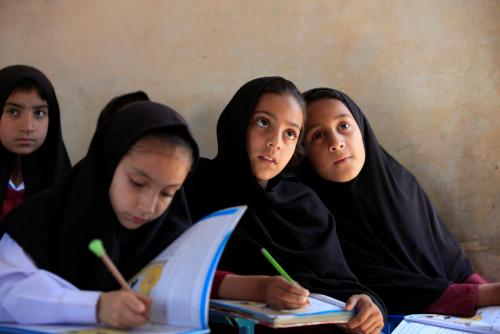
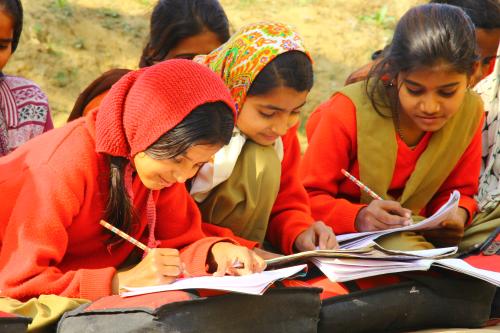
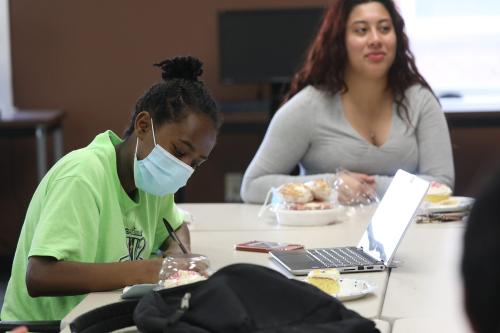


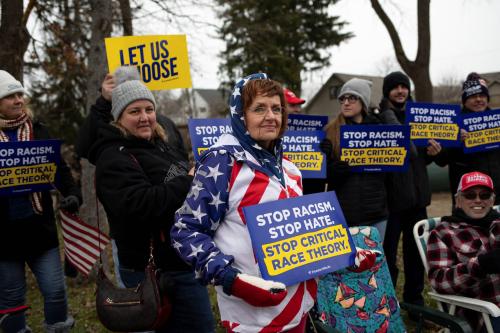
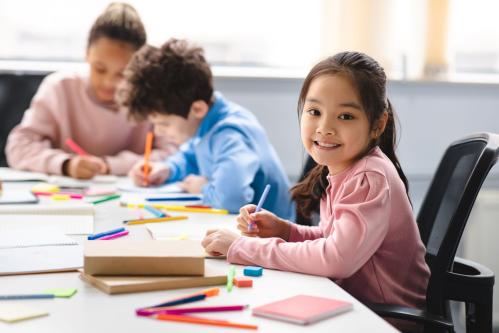

Commentary
International Women’s Day reflections on leading for an equal future in a COVID-19 world
March 5, 2021